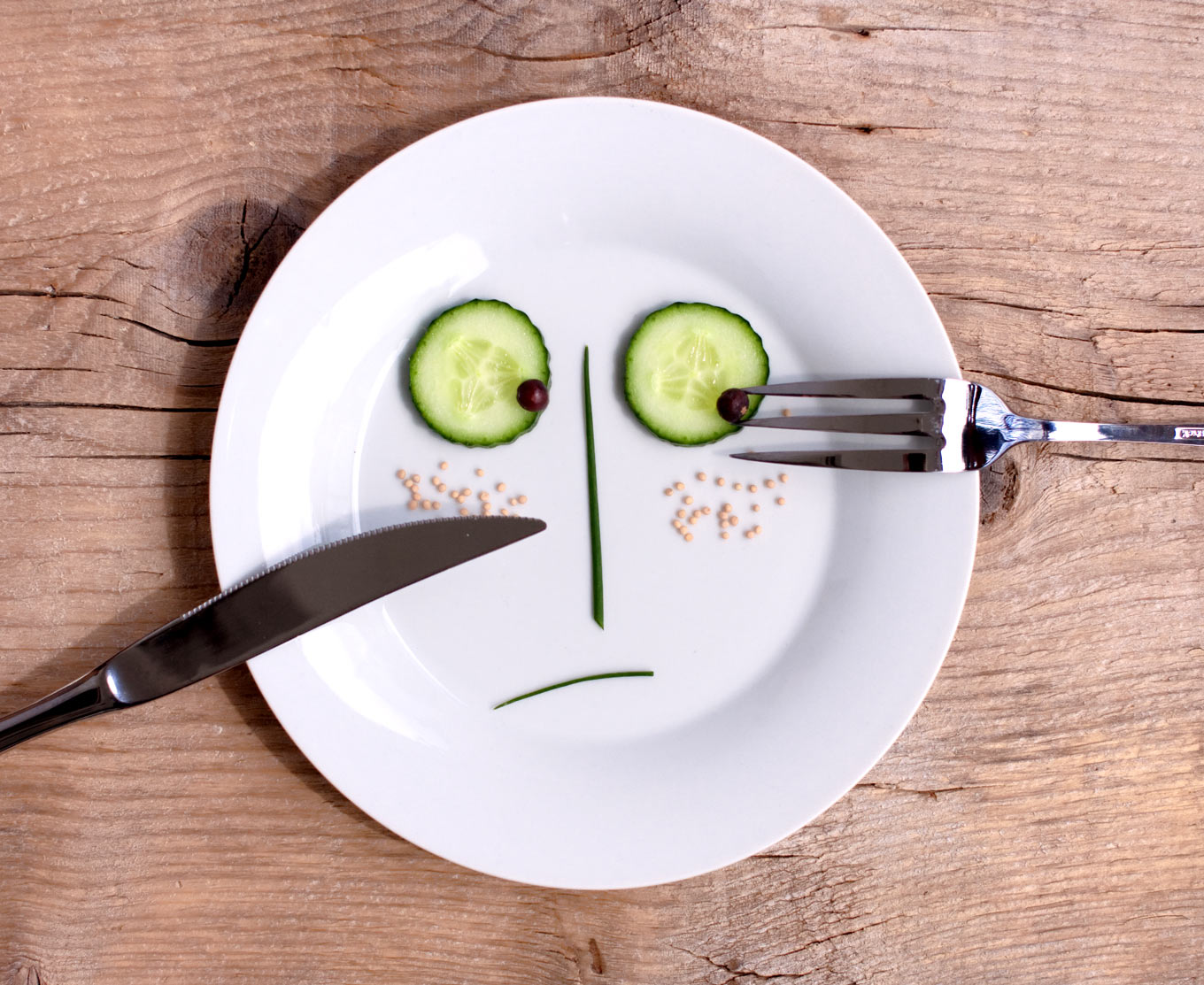Sugar has been a topic of much debate over the past few years.
Countless people make great food choices for breakfast and lunch and then at 3 o’clock in the afternoon or after dinner, they feel like someone else has taken over their body. The desire for and subsequent consumption of sweet food can take hold without you really knowing why or what to do about it.
Too many people reach for sweet food that doesn’t serve their health; in fact, it may contain substances that actually have the potential to take away from their health, yet they feel powerless to live any differently, having tried to change their sweet food habits many times.
There are several ways you can reduce cravings for sugar; many start with dietary changes.
If you have a strong sweet tooth, or if you just want to work at removing refined sugar from your diet, there are a number of foods that are of benefit. Here are 10 foods that help manage sugar cravings.
LEAFY GREEN VEGETABLES
Leafy greens tend to be bitter, which helps reduce cravings for sugar. If you eat sugar when you’re feeling stressed and depressed, experiment with adding more leafy greens like silverbeet, kale, spinach and mustard greens to your meals every day.
SAUERKRAUT
Bacteria in the gut thrive on sugars and could be a contributing factor to your cravings. Fermented vegetables, like sauerkraut and kimchi, help the gut microbiome by introducing more good bacteria into your gut. You can buy beautiful sauerkraut or kimchi, or better still make your own.
COCONUT OIL
When you reduce or remove sugar from your diet, try bringing out flavour in your food with nourishing fats. Coconut oil has a slightly sweet taste and is composed predominantly of medium-chain triglycerides (MCT). Coconut oil, more specifically, contains lauric acid, caprylic acid and capric acid, which have antifungal, antibacterial, antiviral properties to support the immune system and healthy gut bacteria. It also slows the release of glucose into the blood meaning you feel satiated for longer.
HERBAL TEA
Keep some strongly flavoured teas like ginger or peppermint, or a naturally sweet one like liquorice, in your drawer at work. Liquorice tea is a great after-dinner tea, especially if this is when you tend to experience cravings. Try this for a week and notice if your cravings for chocolate or something sweet reduce.
BANANAS
Although fruit contains fructose (also known as fruit sugar), small amounts go a long way! Starchy bananas are great, especially paired with low-fructose berries. Use them to naturally sweeten smoothies or baking or make an alternative to ice cream by blending frozen berries and frozen bananas in a food processor. Bananas also combine well with nuts so try half a chopped banana with a handful of your favourite raw nuts as a snack.
KUMARA/SWEET POTATO
This sweet and starchy root vegetable is a great addition when you’re craving sugar. Try roasting kumara with a small amount of coconut or olive oil plus a pinch of cinnamon to enhance its natural sweetness.
AVOCADOS
These delicious fruits are filled with nourishing fats and are a great addition to a whole food way of eating, helping you feel satisfied for longer. Add them to smoothies to create a creamy blend with serious staying power. Half an avocado, with sauerkraut, a glug of olive oil, a squeeze of lemon and a pinch of salt is a delicious afternoon snack to help you keep you sustained through what is typically the time you crave sugar the most.
DATES
Dates are great to have on hand, especially for an afternoon snack. Dates are intensely sweet and rich, a little goes a long way! Plus ground dates can be swapped for sugar in baked goods. A neat snack idea is to remove the seed from two fresh dates, add two raw almonds to each date (from where you removed the seed) and you have a sweet, crunchy snack, full of nutrients.
DARK CHOCOLATE
I’m talking about 70 per cent cacao content and upwards! A little goes a long way and it’s full of antioxidants. The more bitter varieties of dark chocolate mean you are satisfied with one or two squares.


